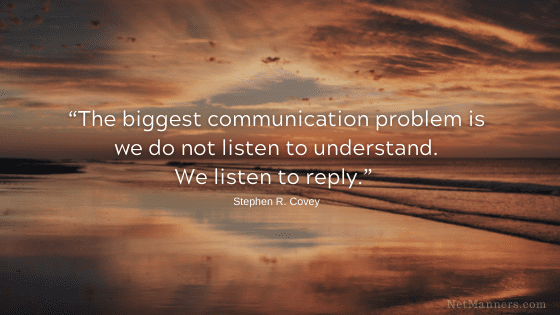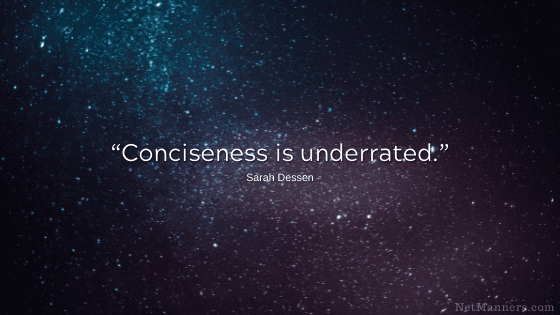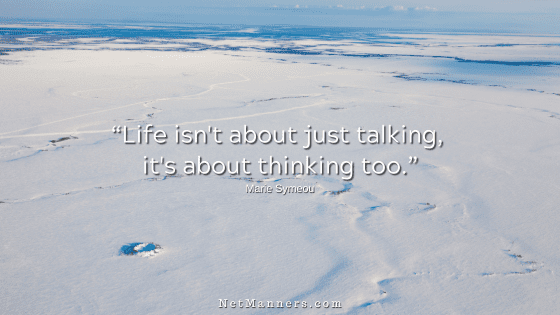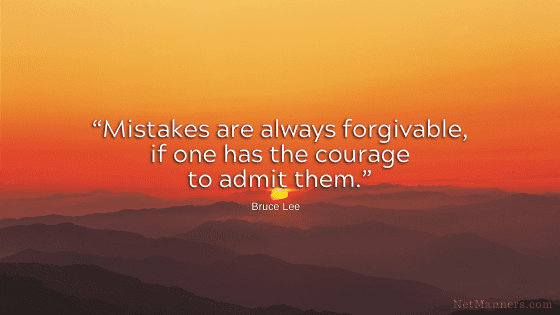The Importance of Explicitness in Your Emails

ex-plic-it -adjective
- fully and clearly expressed or demonstrated, leaving nothing merely implied; unequivocal: explicit instructions; explicit language.
- clearly developed or formulated: explicit knowledge; explicit belief.
- definite and unreserved in expression; outspoken: He was quite explicit as to what he expected us to do for him.
Definitions Matter
Now that we are clear on the definition of explicit, let’s apply this to your emails. Explicitness gets lost when we hit reply and quickly type a response. Regardless of whether all questions or concerns are addressed.
I am often asked what the number one thing everyone can work on regarding email is. My answer is to learn to be a better writer and communicate clearly.
How do you become a better communicator with the written word? By doing. The more you write, the better at it you become.
Most folks rush through emails whipping off a comment and hitting send—often not taking the time to read the entire communication to judge intent and tone correctly.
Do you make this email mistake?
For example, when you receive an email asking several questions, answer each point-by-point. Or do you just hit reply and type a general statement at the top of the email that doesn’t cover all the issues presented?
For example:
Hey, John:
Was wondering if we are still on for tomorrow? I think it will be a ton of fun to go out and hit some of our old haunts. Where do you want to go first. Should I pick you up at 7p or 8p and do I need to bring anything?
Thanks,
Jeff
John’s response… “Yes!”
John did not answer all of the questions that Jeff asked. This response requires another email from Jeff to clarify with John when explicitly responding in detail — will avoid this.
Don’t be in such a hurry that you send incomplete email responses. Instead, reply when you have the time to take the necessary time.
The Other Side of the Coin
I’m sure this has happened to you. You send an email with a handful of questions and get a response that you are unsure what that response applies explicitly to. Again, that’s where explicitness comes into play.
Explicitness in your email communications helps to bypass misunderstandings and confusion. This goes for your initial inquiry as well. Explicitness enhances your chances of getting the response you desire.
If you top-post, which is the bad habit of just typing a cryptic reply at the top of an email without including any email etiquette, you, in effect, take the lazy way out. Being lazy does not leave a positive impression.
When your communication style is quick and incomplete, you risk the impression that your skills with the written word are limited. While this may be okay with friends and family, it can be to your detriment in other important emails.
How to Be a Clear Communicator
Learn how to practice down-editing your replies to avoid unnecessary back-and-forths for clarification. Down-editing will also show that it is essential to be seen as a clear communicator and will speak volumes about what it will be like to communicate with you. PIA or joy?
Don’t just reply with what point or info you want to relay — respond to the specifics of the email sent to you. That’s a huge difference. Unfortunately, all too often, folks reply without being thorough.
Being explicit will not only help in your personal day-to-day communications but also get you in the habit of doing so for business emails. This is a skill that can most definitely enhance your career opportunities.
Take Your Time and Reply in Detail
When you reply without displaying this level of attention to detail, you undermine your potential for success and reflect your level of professionalism. Don’t be outperformed in this regard.
So you want to take the time to type clearly and cover each point. With every email reply, ensure you have all the bases covered, and your response makes sense. You’ll find those you email will most definitely appreciate that extra effort.






